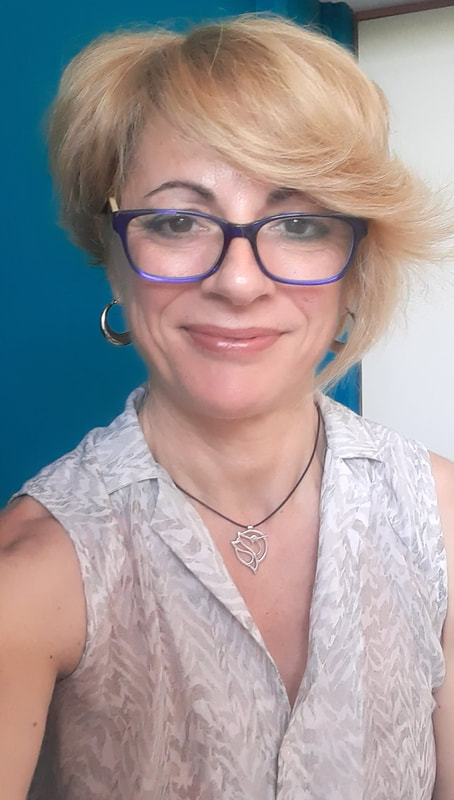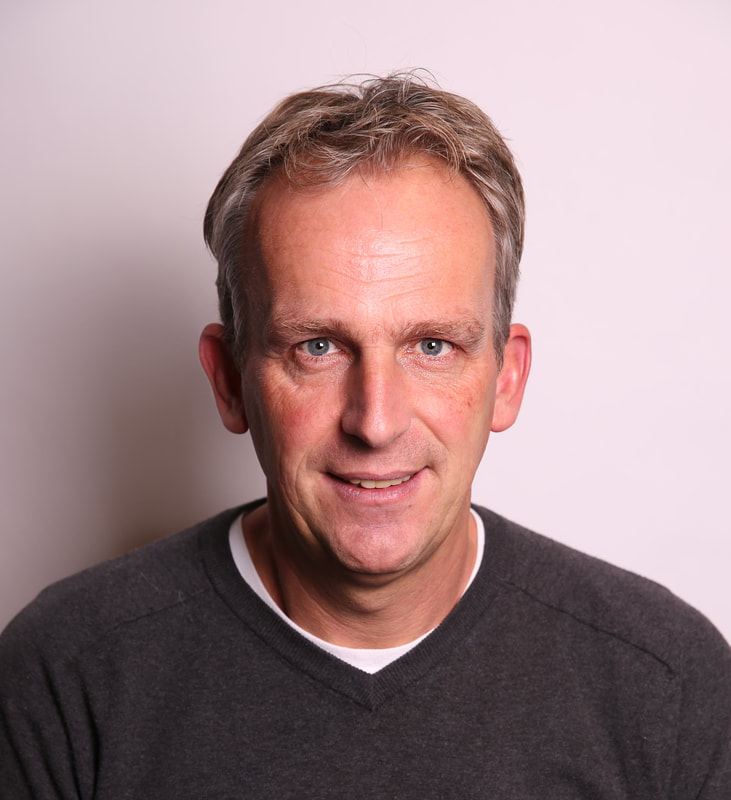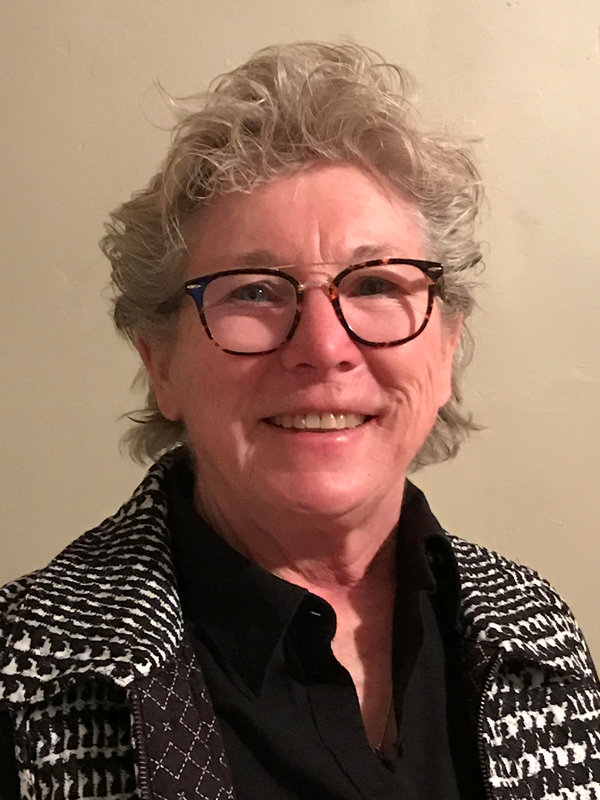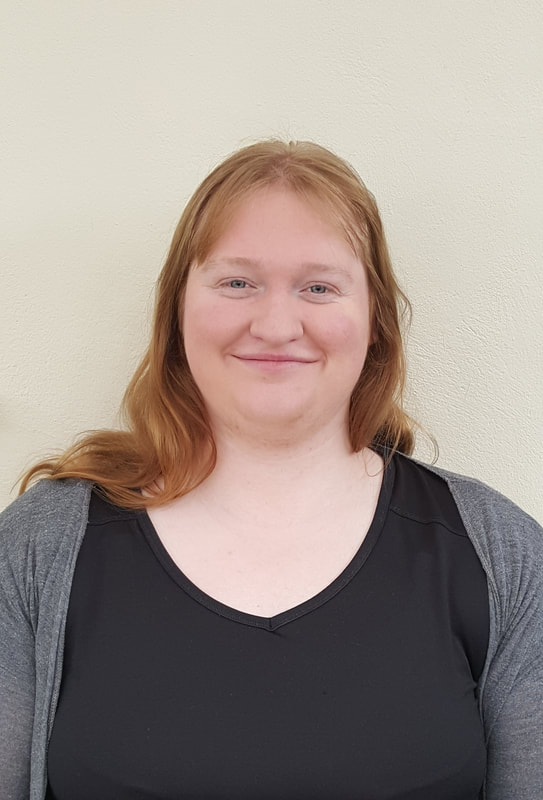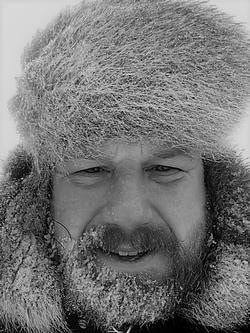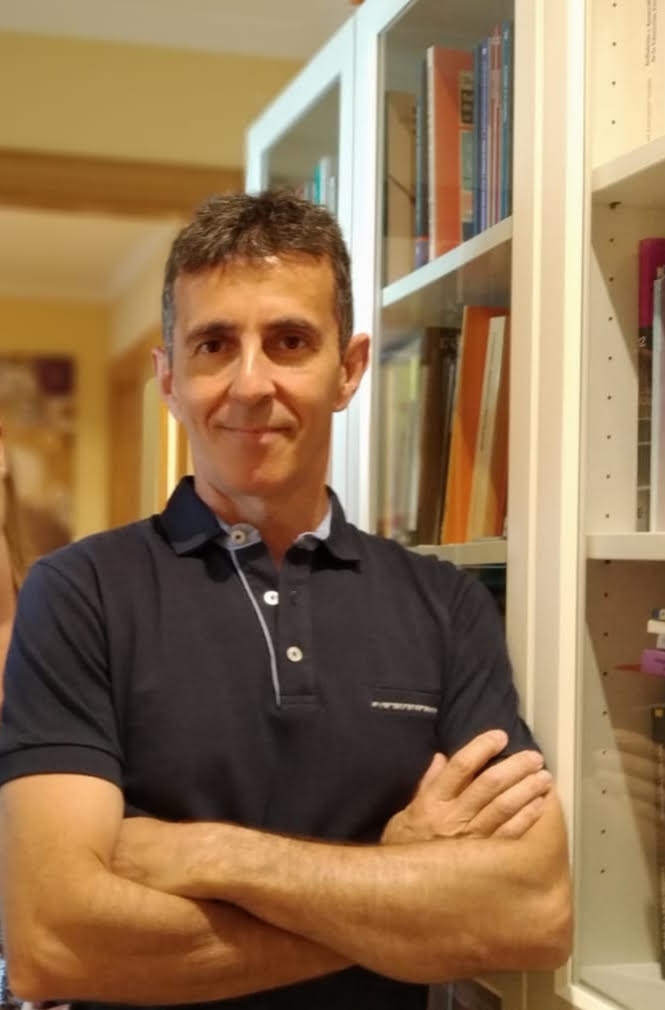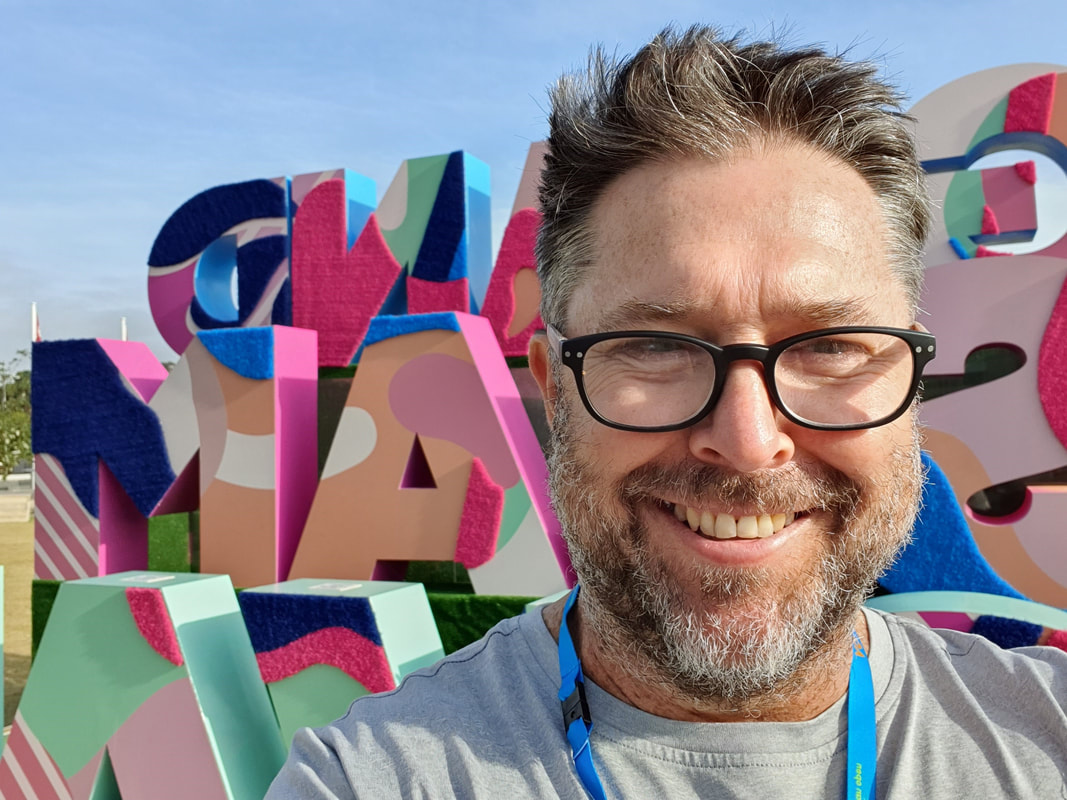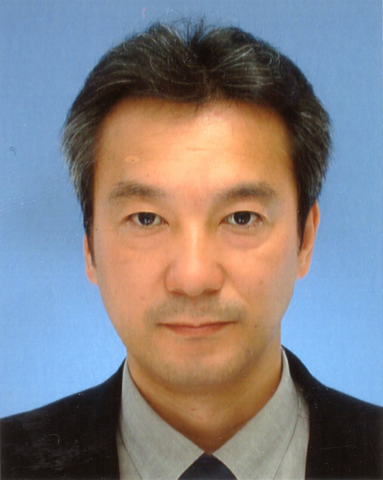Aspasia is an Assistant Professor at the School of Physical Education and Sport Science, National and Kapodistrian University of Athens, Greece. Her research interests focus on Physical Education Teacher Education, game-based learning, professional development of teachers and coaches, qualitative research methods, and curriculum planning, all with a focus on social justice

